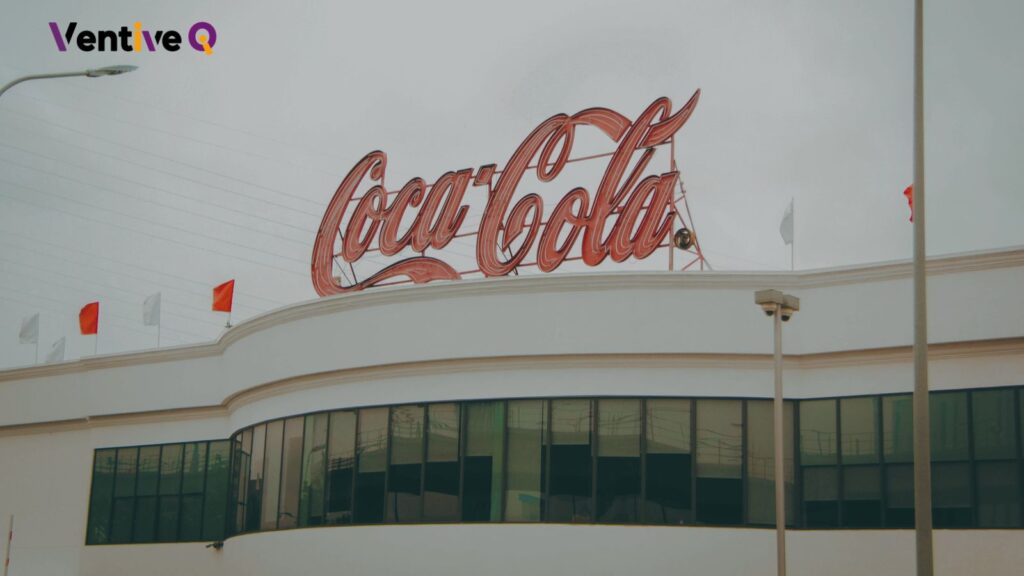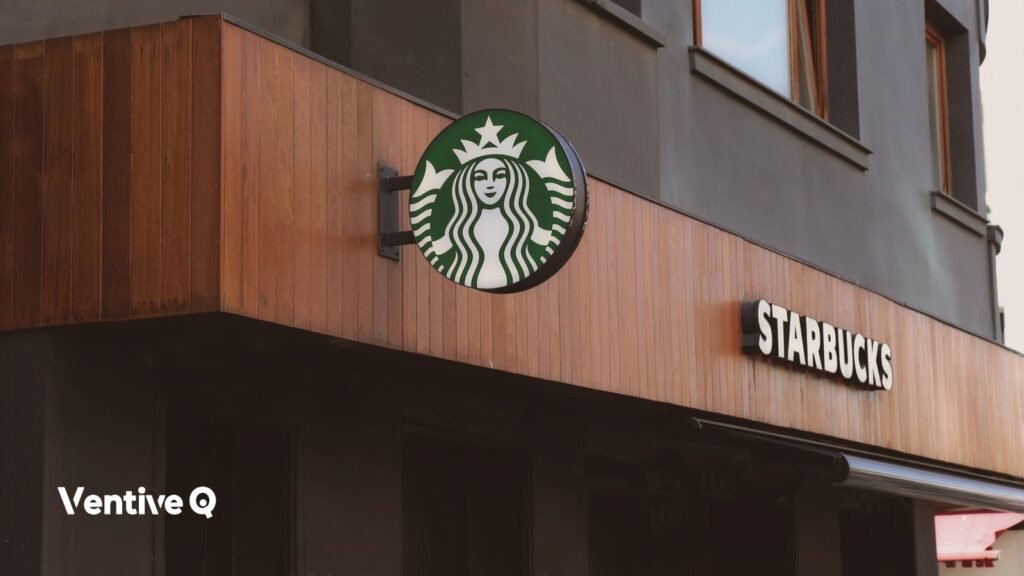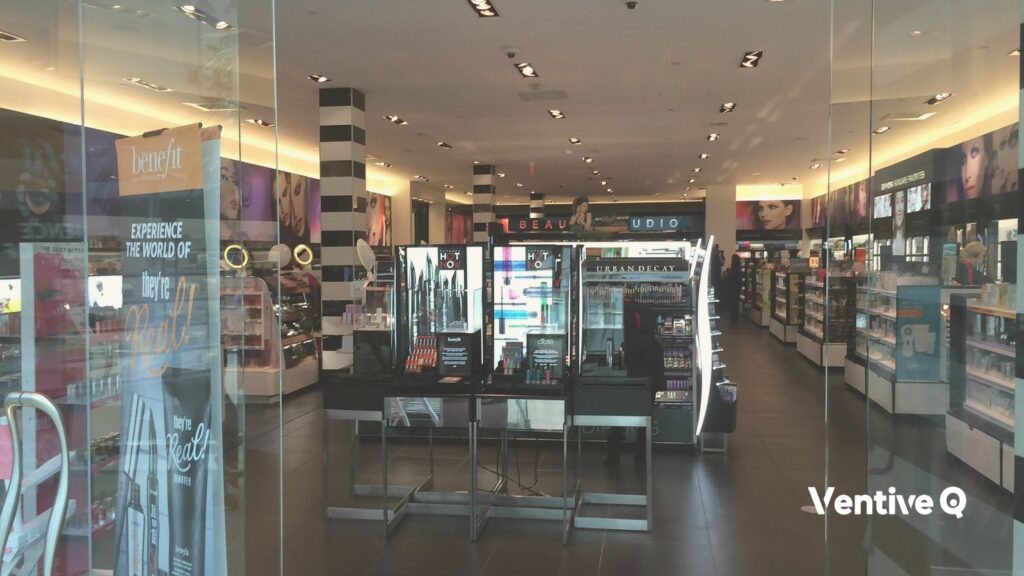Leverage customer data involves using information gathered from customer interactions to inform and improve business strategies, customer experiences, and decision-making processes.
Personalized marketing campaigns are becoming increasingly popular among businesses looking to create a more personalized and engaging customer experience. Businesses can create targeted campaigns that resonate with customers, drive sales, and build brand loyalty by leverage customer data.

Personalized marketing campaigns are becoming increasingly popular as companies seek to deliver relevant and engaging content to their customers. Leverage customer data is a crucial aspect of these campaigns as it allows companies to tailor their messages and offers to individual customer preferences and behaviors.
In this blog, VentiveIQ will discuss the top 8 examples of personalized marketing campaigns that leverage customer data. Know more about Data cleansing and audience segmentation.
When you have a grasp on your clients’ identities and desires, delivering superior outcomes becomes effortless, increasing the chances of their long-term loyalty to your enterprise. VentiveIQ prides itself on its foundation of trust and strives to extend that supportive hand to assist you in achieving your objectives.
1. Netflix

Netflix is one of the most well-known examples of personalized marketing. The video streaming giant leverage customer data to personalize the recommendations and content suggestions on the user’s dashboard. Netflix’s algorithms analyze viewing history, search queries, ratings, and other user-specific data to offer relevant content to each user. The recommendations are tailored to each user’s viewing habits, ensuring that they receive a personalized experience.
2. Amazon’s Personalized Product Recommendations

Amazon is another e-commerce giant that uses a recommendation engine that leverage customer data to suggest products to customers. Amazon’s recommendation engine analyzes users’ purchase history, browsing history, and search queries to personalize product recommendations. This personalized approach to marketing helps Amazon to drive sales, increase customer engagement, and build brand loyalty.
Discover how clean data enables marketers to more accurately identify their ideal customer profiles and craft targeted messaging that resonates with them.
3. Coca-Cola

Coca-Cola is a company that has leverage customer data to create a personalized marketing campaign. The soft drink manufacturer used a personalized marketing campaign where they printed customers’ names on Coke bottles. The campaign leverage customer data to identify the most common names in a specific region and printed them on the Coke bottles to make the experience more personal. This campaign was hugely successful, and it helped to increase brand awareness and drive sales for Coca-Cola.
4. Nike

Nike is a sportswear manufacturer that launched a personalized marketing campaign that offered customized sneakers to customers. Customers could design their sneakers by choosing colors, patterns, and other design elements. The campaign leverage customer data to offer personalized recommendations and help customers create their unique designs. This campaign helped to increase customer engagement and build brand loyalty for Nike.
Nike’s NikePlus app leverage customer data to create personalized training plans and product recommendations. The app analyzes a user’s activity and fitness goals to create a personalized training plan and uses this information to recommend products that are most likely to help the user achieve their goals.
Find out the different ways businesses can collect customer data.
5. Spotify

Spotify’s annual “Wrapped” campaign leverage customer data to create personalized playlists and data-driven insights that show users their listening habits over the past year. The campaign uses algorithms to analyze user data, such as their most-streamed songs and artists, to create personalized playlists and provide users with insights about their listening habits.
Spotify leverage customer data to create personalized playlists for each user. The Discover Weekly playlist is curated based on a user’s listening history and preferences and is updated every week. This personalized approach has helped Spotify to increase user engagement and retention.
6. Starbucks

Starbucks is a coffee chain that leverage customer data to personalize its marketing campaigns. For example, the company offers personalized discounts and rewards to customers based on their purchase history and preferences. Starbucks also uses customer data to personalize the user experience in-store, by offering personalized recommendations to customers based on their preferences.
7. Sephora’s Beauty Insider Program

Sephora is a beauty retailer that uses customer data to offer personalized product recommendations and makeup tutorials to customers. Sephora’s Beauty Insider program collects customer data such as skin type, makeup preferences, and purchase history to offer personalized recommendations and tips. This personalized approach to marketing helps Sephora to build brand loyalty and drive sales.
8. Uber

Uber is a ride-sharing company that uses customer data to offer personalized promotions and discounts to customers. Uber’s algorithms analyze customer data such as ride history, location, and frequency of use to offer personalized promotions and discounts that are relevant to the user. This personalized approach to marketing helps Uber to keep users engaged with the platform and drive sales.
Conclusion
These examples demonstrate the power of personalized marketing campaigns that leverage customer data. By using customer data to create targeted campaigns, businesses can create a more personalized and engaging experience for customers, drive sales, and build brand loyalty. As businesses continue to collect more customer data, personalized marketing will become increasingly important for building successful marketing campaigns.



